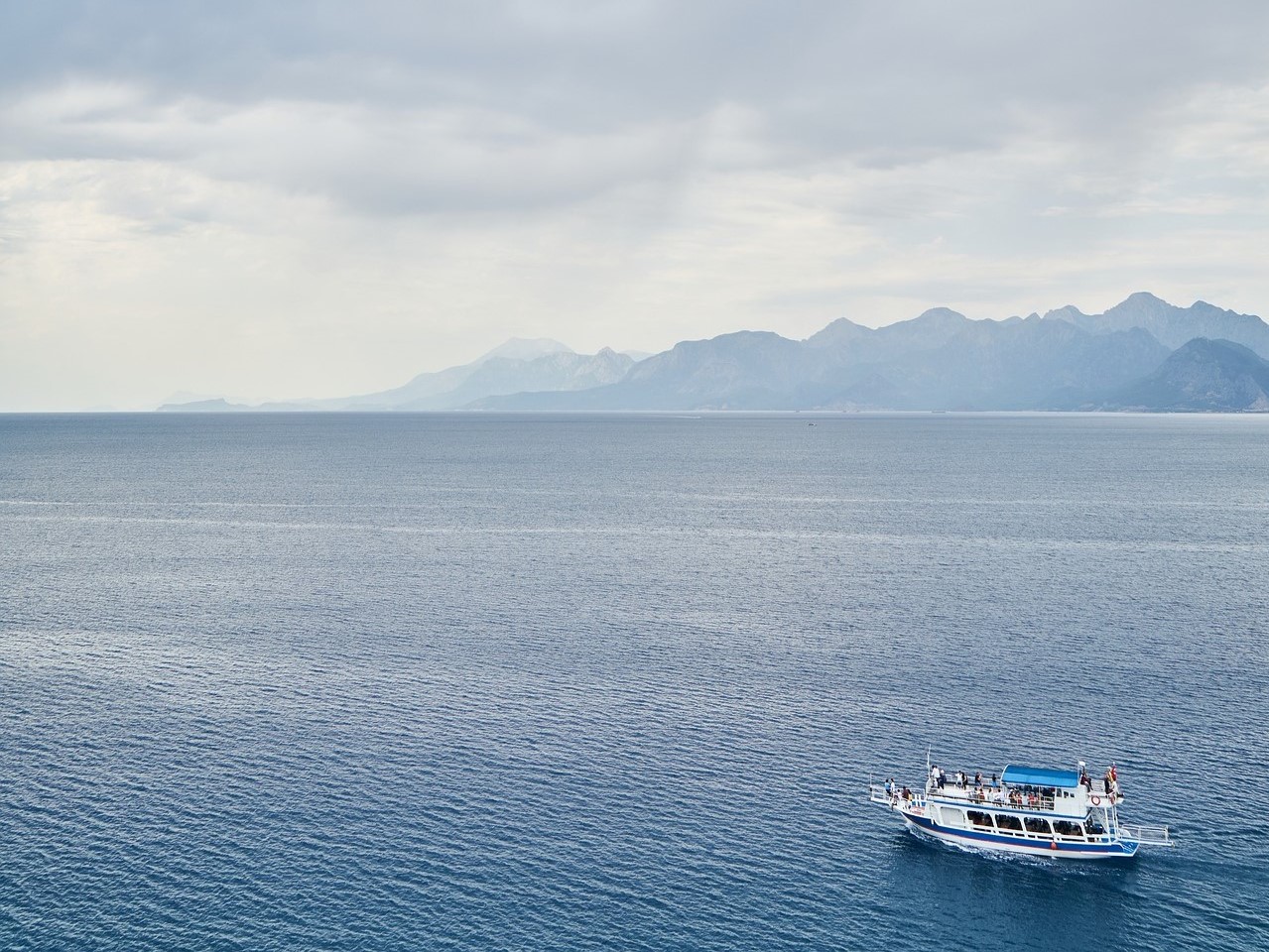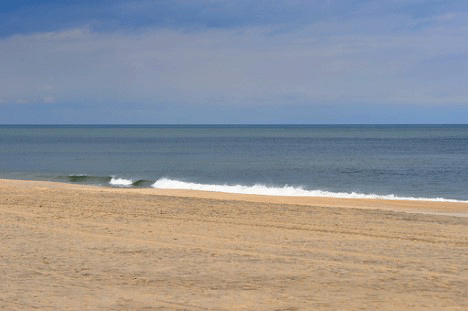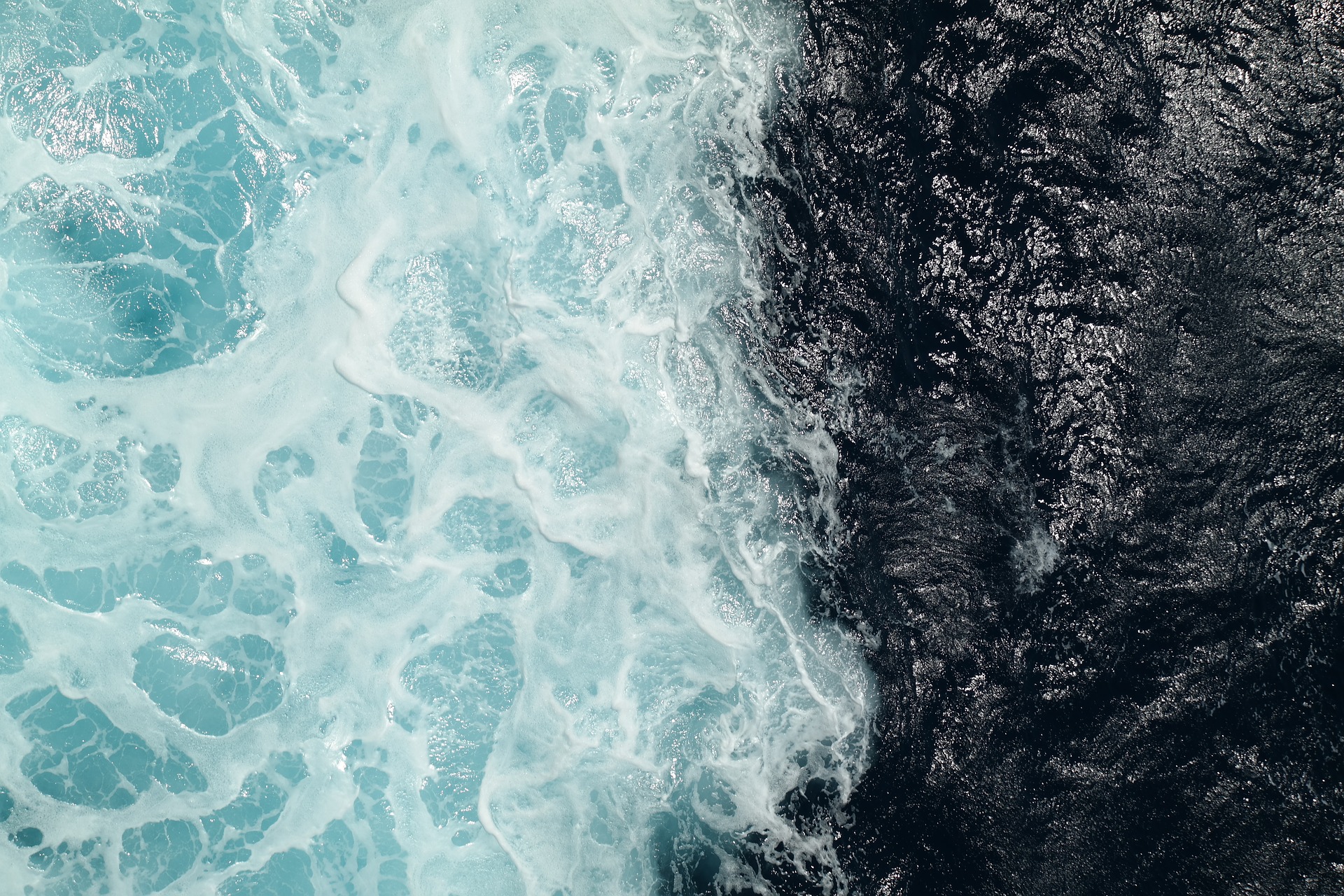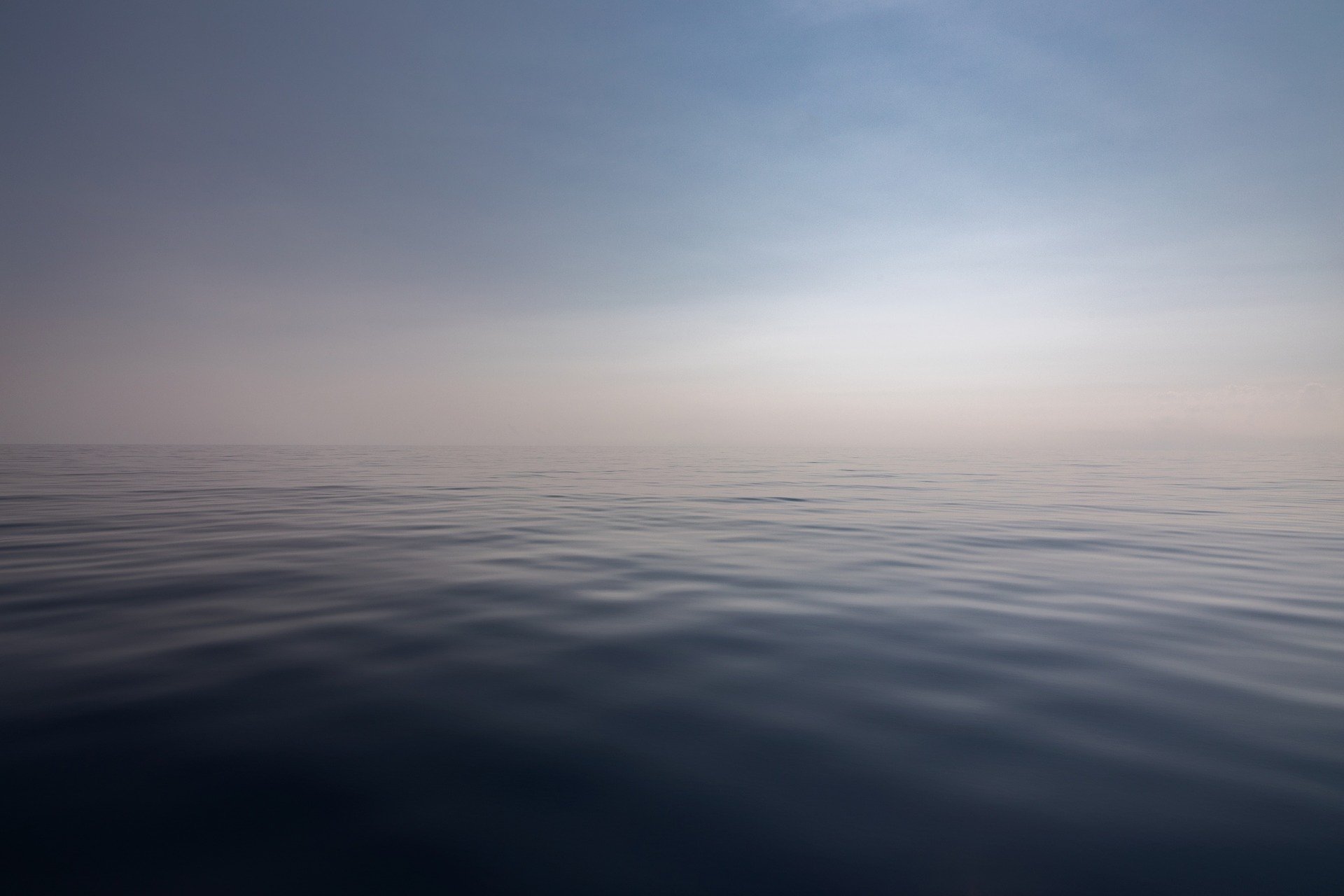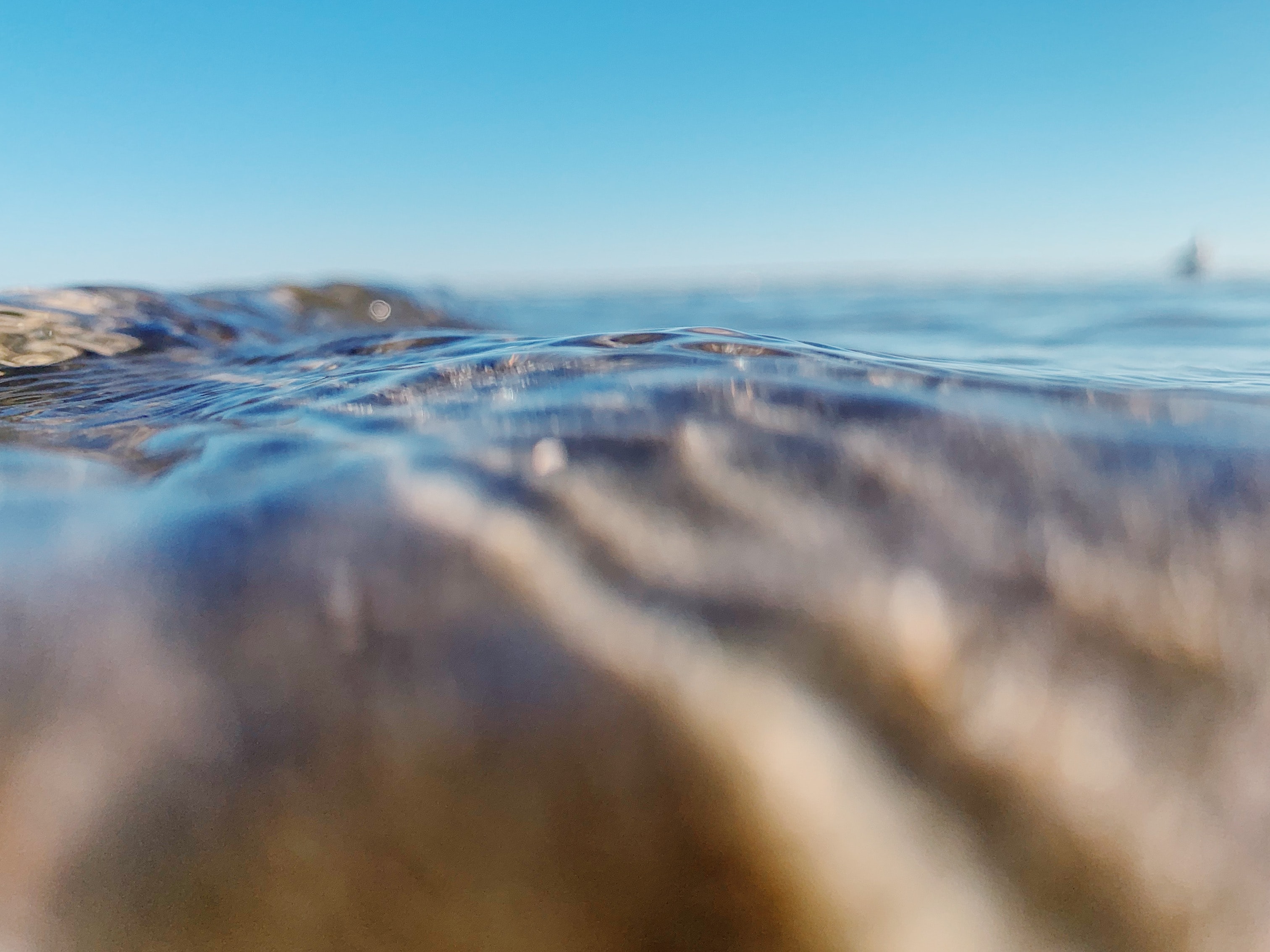The dialogue forums in the OCEANS PACT project are important arenas for stakeholders and researchers to meet and discuss marine conflicts and possibilities to transform them. The Norwegian team organized its first dialogue meeting at the end of November last year. The Barents Sea Forum consists of representatives of the Norwegian Fishermen’s Association, the Norwegian Coastal Fishermen’s Association, Seafood Norway, Equinor, Petro Arctic, the Norwegian Directorate of Fisheries, and Friends of the Earth Norway.
In the first part of the meeting, the researchers presented the central themes, objectives and organization of the OCEANS PACT project, including some initial reflections on the concept of conflict. Then the focus was on the Barents Sea. Prior to the meeting, a document had been distributed outlining the marine activities in the Barents Sea area, central aspects of their governance, and a catalogue of various types of marine conflicts. Finally, the forum’s working method and further collaboration were discussed.
The forum participants were highly engaged and had valuable insights and suggestions regarding the research project, the concept of conflict, and the choice of cases. The participants observed that conflicts are complex and unfold on several levels. The interaction between the levels is important to study. The upscaling of conflicts through media attention was another theme that concerned the participants. Several of them also emphasized the importance of acknowledging the existence of conflicts and recognizing that conflicts can be a driving force toward positive change.
The forum discussed various types of conflicts in the Barents Sea context and agreed that the case studies should address their historical basis as well as the ways in which they are currently handled. It was argued that the cases should preferably represent conflicts in different stages, i.e., from mature conflicts to new, emerging conflicts. Based on this, three sets of conflicts were proposed: (1) oil and gas, fisheries and the environment, (2) offshore aquaculture, fisheries and the environment, and (3) offshore wind power, fisheries and the environment.
The participants in the Barents Sea Forum expressed their desire to take part in the project, discuss the research design, and contribute with their own experiences and points of view. They also look forward to learn from the other case studies in OCEANS PACT. However, they mainly wanted to serve as a reference group and advised against a mix of roles that could weaken the integrity and legitimacy of the research. The dialogue forum agreed to meet twice a year. In addition, interviews and discussions will be conducted with the participants individually.
